Older folks out there may remember when recycling was something done only by a few left-wing wackos. Today everybody, even people in the red states, has a recycle bin in the garage. We are seeing a similar transition in composting, which is rapidly evolving into mainstream waste management in homes and businesses across the country. If you want to start composting at your place of business, here are a few tips.
Educate The Staff
One of the obstacles to get past is the myth that composting is dirty. Compost is not trash; in fact it is cleaner than trash. Properly handled compost doesn’t generate unpleasant odor or attract vermin. A large part of generating clean compost is understanding what can and, more importantly, cannot go into the bin.
Contrary to popular belief compost is not just food waste. Meat and dairy refuse are the culprits that generate odors and maggots, plus they slow down the composting process, so should never go into the bin. Vegetable waste, tea bags, coffee ground and eggshells are most of what goes into compost. Instruct your workers and put signs above the collection bins to be sure only the right foods go into the compost bin.
Set Up Collections
As with a recycle bin, location of compost collection containers is important. Bins should be in the lunch room or break room since that’s where food waste will be generated. It’s not necessary, or even advisable, to put a compost bin at every desk. Although we say “compost bin” you don’t actually need a dedicated compost bin for the collection step. Compost bins have specific features for the actual composting process. When it comes to initial collection, any bin with a closeable lid is an acceptable (and cheaper) alternative.
Empty the collection bins daily, just as you empty the trash. If you are using an external composting service then collect the compost in a central, outdoor container with a lid. The lid ensures there is no contamination and keeps out curious animals.
DIY Or Not?
You can hire an outside contractor or handle the composting yourself. Composting companies will collect your discarded food waste periodically, typically once a week, at a small fee. They generally charge less than your trash contractor does because the compost bin, like the recycle bin, contains valuable commodities that can be resold.
On the other hand it’s easy to compost yourself. If you have a small outdoor area for a compost bin–and here you need a real compost bin–then you can save the cost of using a contractor. Make sure to get the mix ratio right–75% browns like leaves and shredded paper to 25% greens from food waste–and turn the mixture every few days for even composting.
The compost bin today may seem as alien as the recycle bin was in the 1970s but it’s slowly becoming a common fixture of modern business.







































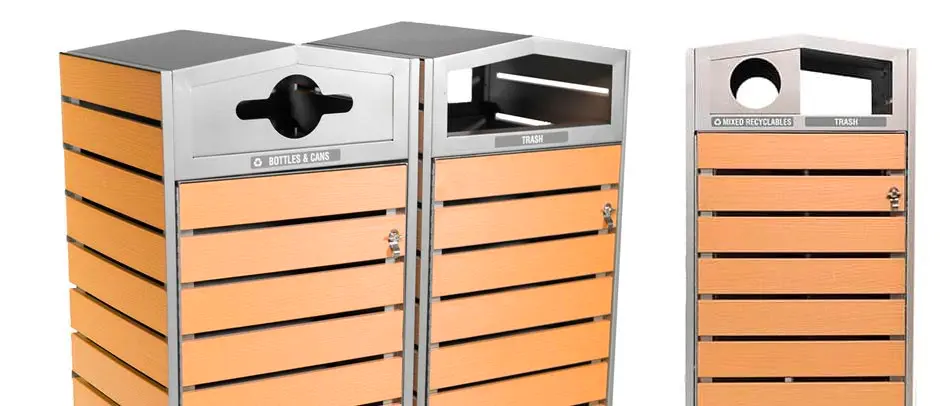













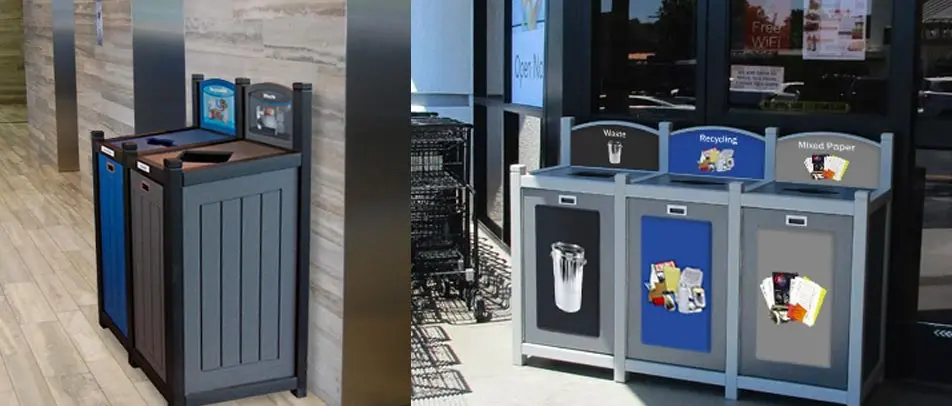










































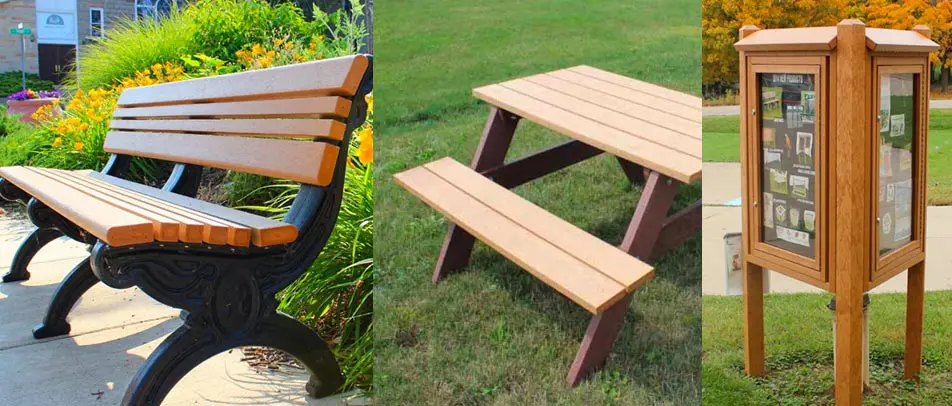





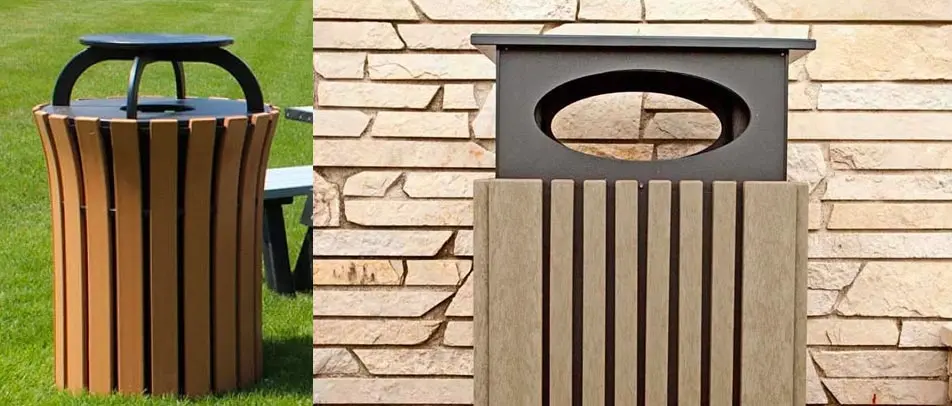
























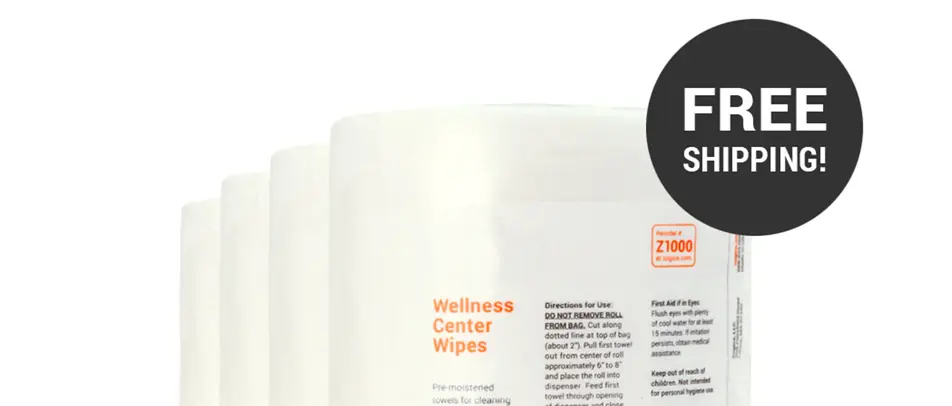




 Three Ways to Engage Teams and Clients to Maximize Your Recycling Program Engagement
Three Ways to Engage Teams and Clients to Maximize Your Recycling Program Engagement  How to Integrate Accessibility Into Your Sustainability Planning
How to Integrate Accessibility Into Your Sustainability Planning  Why Park Benches Can Promote Workplace Well-Being
Why Park Benches Can Promote Workplace Well-Being 
